Authors: Abhijit Vijay Shaha & Fabio Vescovi
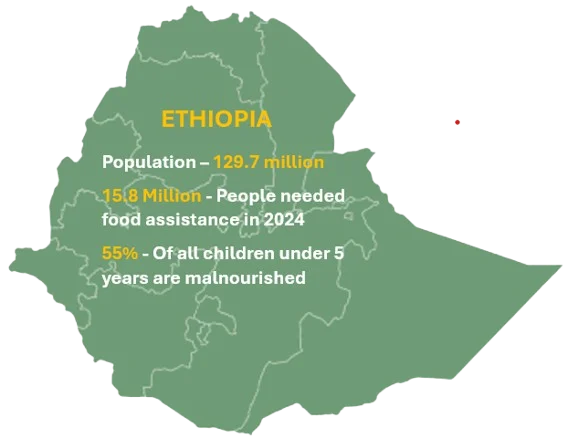
Ethiopia, with a population of 105 million, is among the most populous nations globally. Although Ethiopia is a top-performing economy in sub-Saharan Africa, its food insecurity is alarming, as 15.8 million people need food assistance. Agriculture, predominantly made up of smallholder farmers, is the nation's lifeblood. The sector that contributes nearly 40% to the GDP faces a paradox. These hardworking smallholder farmers, the backbone of the economy, grapple with insurmountable challenges: unpredictable weather, dwindling farmland, and a knowledge gap in modern farming techniques. These farmers risk being left behind in a world increasingly defined by technology. In a country where agriculture sustains livelihoods, the impact of these challenges isn't just about yields; it's about survival, about farmer livelihood, about developing climate change resilience, and about national food insecurity.
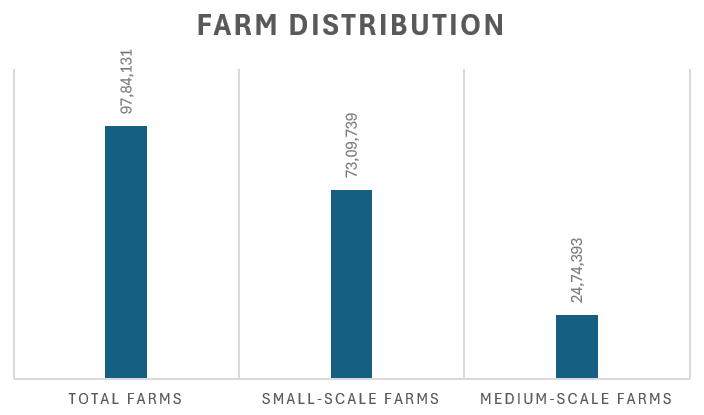
Low productivity is a massive challenge in the Ethiopian agricultural sector. The International Fund for Agricultural Development (IFAD), a UN agency transforming rural communities, believes “a better future starts in rural areas”. Supported by the Global Environmental Facility, a UN-affiliated financial mechanism, IFAD strives to develop resilience among smallholder farmers to improve their livelihoods while ensuring improved food security in Ethiopia. IFAD understands that uplifting these farmers isn't just about agriculture; it's about survival. It recognizes the urgent need to equip these communities with the tools and knowledge to thrive. And to achieve this, IFAD knew they needed a partner who excelled in deploying technology in agriculture and could take it to smallholder farmers to bridge the gap
Cropin, a global leader in AI for food and agriculture, committed to empowering farmers to thrive in a climate-impacted world, is honored to partner with IFAD to bring that vision to Ethiopia. We understand that technology is not a luxury in farming anymore; it's a necessity for farmers to become climate change resilient and face evolving markets.
In February 2025, a significant milestone was achieved as the Ministry of Agriculture, Government of Ethiopia, and Ethiopian National Meteorology Institute entered into a Memorandum of Understanding (MoU) with Cropin to implement the SmartFarm system in Ethiopia.
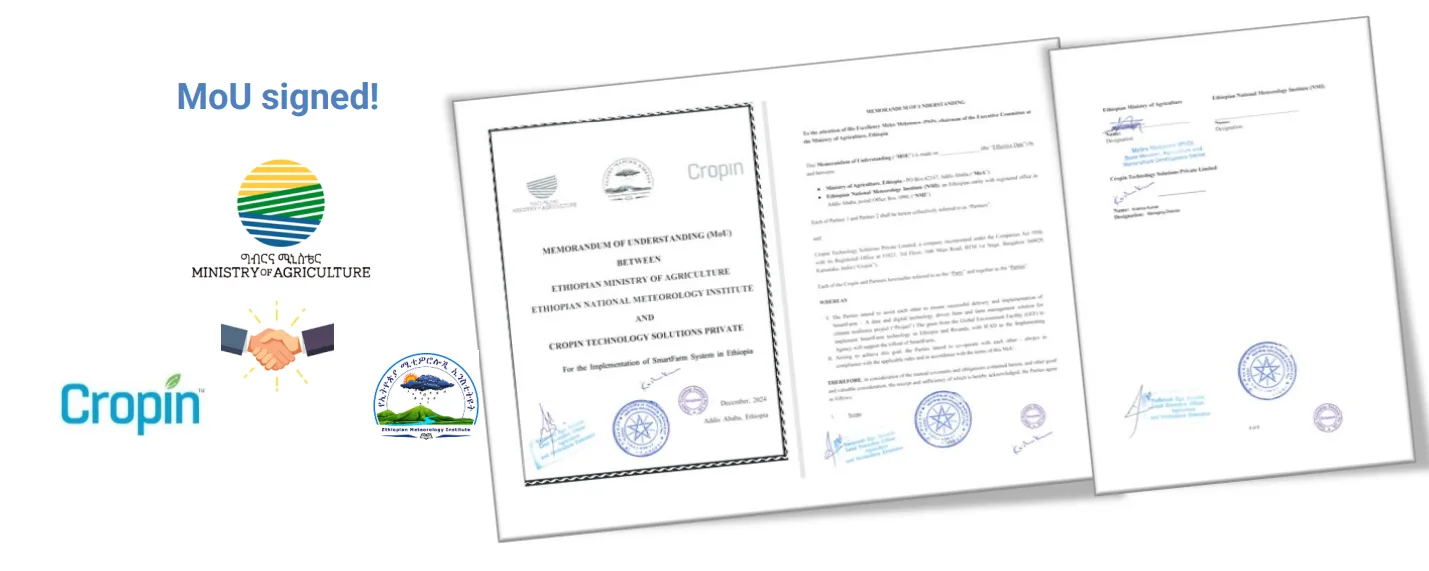 This collaborative journey is fueled by the commitment to leverage the Cropin Cloud platform to enable smallholder farmers:
This collaborative journey is fueled by the commitment to leverage the Cropin Cloud platform to enable smallholder farmers:
- Adapt to climate change in the climate-impacted world
- Develop economic resilience of smallholder farmers by improving crop productivity through agri & weather advisory services
- Enable financial inclusion of smallholder farmers and digital agri market services
- Improve the food and nutrition security of Ethiopia
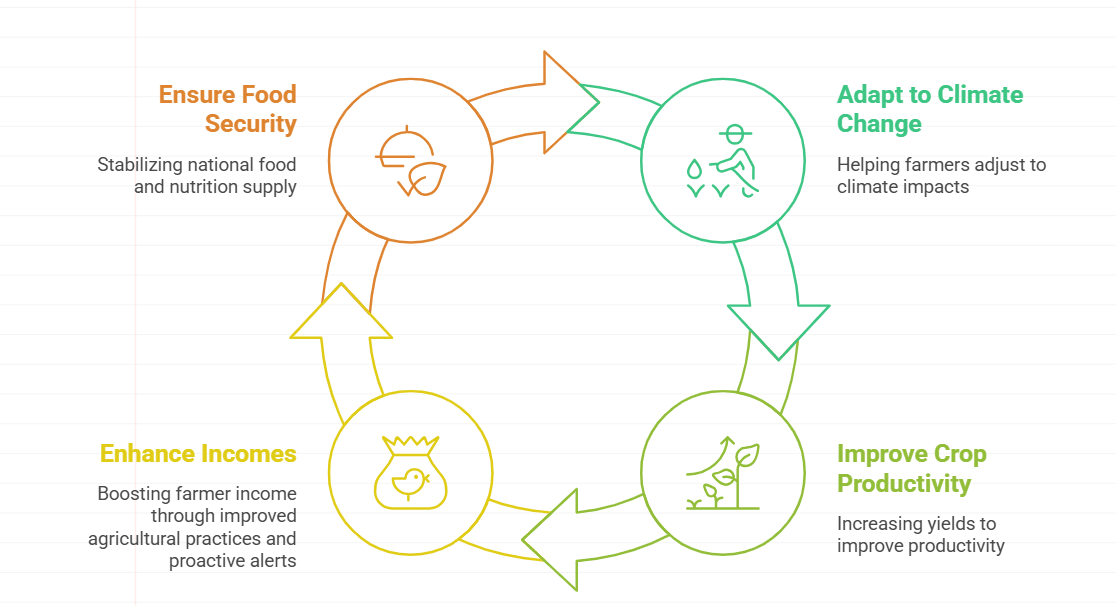
This partnership will bring the entire Ethiopian agriculture ecosystem from smallholder farmers to financial institutions that provide loans to them, under one platform. The project will be implemented in two phases. In Phase I, farmers will be empowered with weather & climate and data-driven agricultural services. The scope of Phase II will cover digital services for agri-financing and market enablement.
Our mission? To equip 100,000 Ethiopian farmers with the tools they need to adapt, prosper, and secure their food future. This means real, tangible change - boosting crop productivity, which in turn will translate to higher farmer incomes.
How are we doing this?
By putting the power of data directly into the hands of farmers and the Development Agents (DAs) who support them. Cropin will develop a training manual and train and empower 1,500 DAs who are the vital link to these communities. Under the Participatory Agricultural Community Transformation (PACT) project, Cropin will empower farmers across nine regions in Ethiopia, namely Afar, Amhara, Central Ethiopia, Oromia, Sidama, Somali, South Ethiopia, SWE, and Tigray. The project will be implemented across 91 Districts or woredas.

We aim to provide:
- Hyperlocal Weather Intelligence: Real-time nowcasts, forecasts, and climate predictions, delivered in local languages via SMS, so farmers can anticipate and adapt to changing conditions. No more relying on guesswork; instead, informed decisions based on accurate, timely data.
- Disease Early Warning System (DEWS): Farm management tools, AI-driven advisories, and pest/disease early warning alerts will all be shared as SMS and be accessible through the Cropin Grow App. This isn't just about collecting data; it's about transforming it into actionable insights.
- Knowledge, Not Guesswork: Tailored crop-specific "Package of Practices" (PoPs) recommendations will be shared along with task alerts. This will ensure farmers know the best techniques for their crops. We will provide the knowledge they need to optimize their yields and protect their harvests.
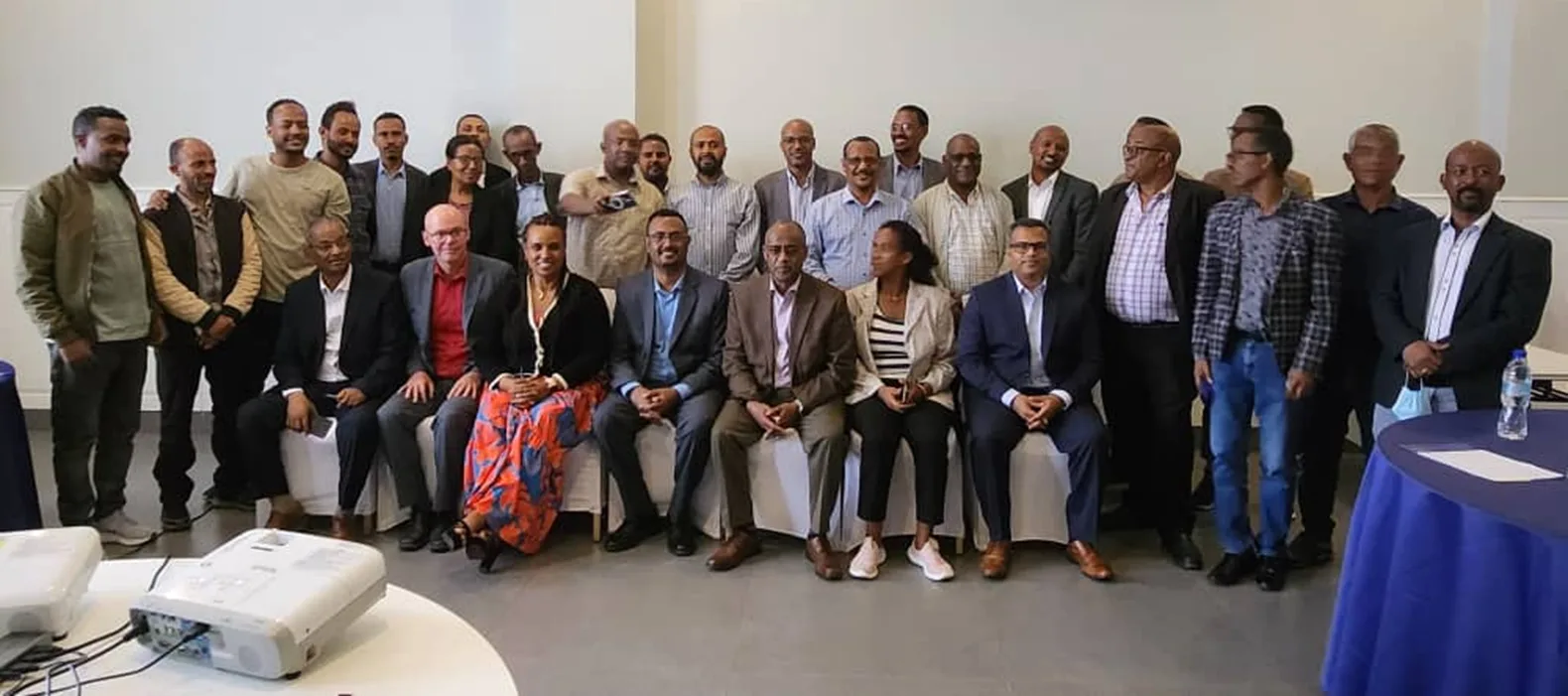
The project was launched with the signing of an MoU between the Ministry of Agriculture, Ethiopia, and the Cropin team.
The Process
Farmer, farm & crop data will be collated on the Cropin Grow App. 10-12 crops such as potato, tomato, carrot, wheat, avocado, etc., will be selected under PACT. Ethiopia-specific Advisory (PoPs) will be developed for the crop varieties, and recommendations will be validated. The PoP recommendations, tasks, weather alerts, etc., will be developed in SMS format, translated into Amharic, Oromifa, Tigray, Afar, Somali, and configured in the System. This will then be disseminated as bulk SMS to farmers.
Under this project, we aim to do more than just digitize farms; we aim to build resilience against climate change in them. Alerts and advisories from Cropin will empower the farming communities in the chosen regions to make data-driven decisions, optimize their input resource usage, and ultimately, improve their livelihoods. The dashboard deployed will offer data-driven insights on: agri-worthiness, farm management practices, agri-intelligence on crop-health, weather advisories, alerts on pests & diseases, and more. By taking technology to these farmers, we aim to break down the barriers of lack of knowledge that have held them back for too long.
This isn't a theoretical exercise. We've seen the impact firsthand with many of our developmental agency partners. The lack of proper digital footprint of land, crop, and farmer profiles, the absence of know-how about modern farming practices, lack of access to timely advisories, and weather surprises are all obstacles we've seen farmers encounter and helped them overcome. We know that inefficient input usage and ineffective planning can cripple productivity. We have tackled these challenges across the developing world and seen actual, measurable results. We understand the challenges faced by Ethiopian agriculture and believe we can replicate our previous successes in Ethiopia too.
That's why our approach is holistic. We're not just providing a platform; we're providing a solution. We're working with IFAD and the Ministry of Agriculture to ensure the technology is accessible, relevant, and impactful. By translating critical information into local languages, we will ensure no farmer is left behind. We will not stop with training the development agents and farmers; we will also monitor the progress, ensuring that the project delivers on its promises. This is a powerful example of how technology and AI are driving last-mile impact, improving livelihoods, strengthening climate resilience, and transforming the lives of farming communities that feed the world!




